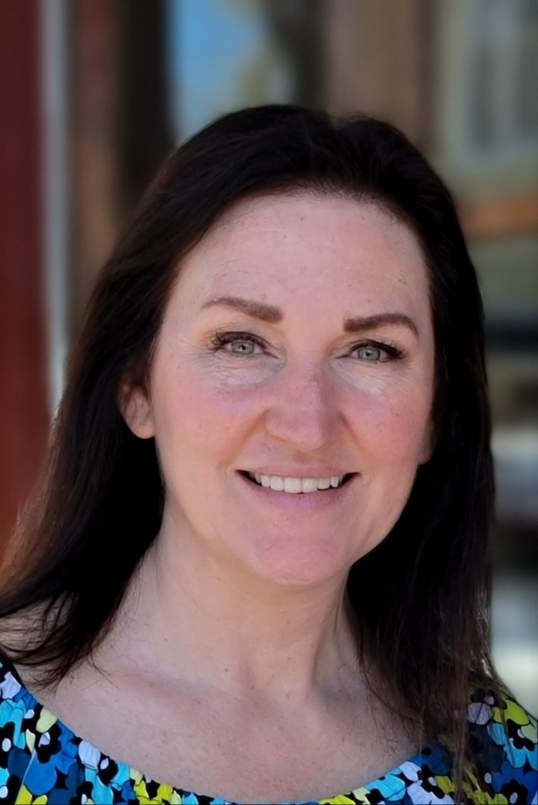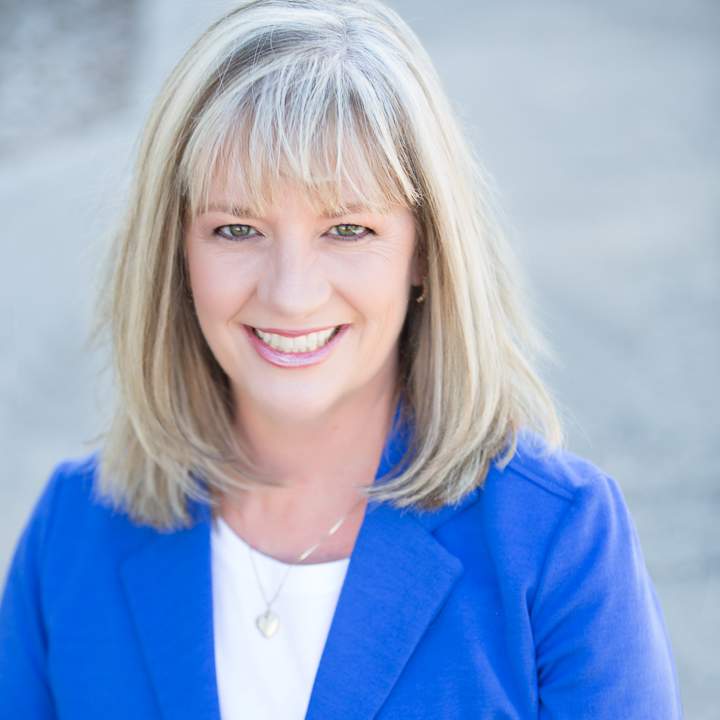Graduate College | August 15, 2022
The Graduate College has selected two students as winners of the 2022-2023 Texas State’s Outstanding Dissertation Award.
Each year, The Graduate College awards doctoral students from four categories on a rotating basis with the Texas State Outstanding Dissertation Award. The four awarded categories are Mathematics, Physical Sciences and Engineering, Humanities and Fine Arts, Social Sciences, Business, and Education, and Biological and Life Sciences. Students are nominated by faculty members from their respective programs and carefully selected by the committee.
Joyce Anderson is this year’s winner of the Outstanding Dissertation Award in the Mathematics, Physical Sciences, and Engineering division. Anderson decided to pursue her doctoral degree 30 years after graduating with her master's degree. “I was kind of an unusual grad student,” Anderson said. “My daughters were in college [when] I started back up again.”

Christie Lawson is the winner in the Social Sciences division. Her dissertation investigated different education theories and how these concepts are influenced by culture, specifically in the Latinx and Hispanic communities. “I was looking at students who self-identify as Hispanic or Latin in some way,” Lawson said. “Specifically at a post-secondary level, specifically at a Hispanic-Serving Institution, such as Texas State University, and specifically with STEM degrees.”
In her dissertation, Lawson explored already existing theories like community cultural wealth and the expectancy-value theory in a unique way. Though these theories have been studied throughout history, Lawson pointed out that the targeted population of focus groups for these studies were not diversified, and she set out to change that.
“The dissertation is centered around the intersection of a couple of different theories that had never really been overlapped or merged before,” Lawson said. “What had not really been put together before was this motivation theory with a culturalized perspective. A lot of education theory, historically, was conducted with a similar demographic, typically white males. Of course, over the years that has expanded, but still a lot of work left to be done.”
It was Lawson’s background in education, along with her love and intrigue of science, that inspired her dissertation. Lawson received her bachelor’s degree in education with a minor in biology from Texas State in 1992, and it was the fusion of these two passions that gave her the idea for her research.

Anderson’s dissertation, which investigated the thermal properties of nanostructured materials and developed a technique to directly measure them, could be revolutionary for scientists in her field.
“Over the past many decades, electronics have been getting smaller and smaller. Everything is getting miniaturized and, as a result of that, there are a lot of challenges,” she said. “The downside is that when you have all these devices crammed into a small area they generate a lot of heat, and it’s very difficult to dissipate that heat over time. There aren’t a lot of direct measurements of materials that are that small. Scientists and engineers have had to rely on theoretical models to predict what those properties are. What would be really helpful and what, hopefully, my research will help people do is [develop] a technique that allows you to directly measure those thermal properties.”
In the end, Anderson believes it was her ability to celebrate the small wins and build a supportive community that helped her power through and earn her Ph.D. Anderson was skeptical of her ability to find comrades upon joining the doctoral program at Texas State but soon found her peers to be welcoming and a great source of comfort throughout her journey.
“My earliest concerns about starting the program were that everyone was just going to look at me and think, ‘Who is this middle-aged woman? Why is ‘Mom’ here?’” she said. “But my fellow students were so awesome, and we worked on projects and struggled together.”
Share this article
For more information, contact University Communications:Jayme Blaschke, 512-245-2555 Sandy Pantlik, 512-245-2922 |
